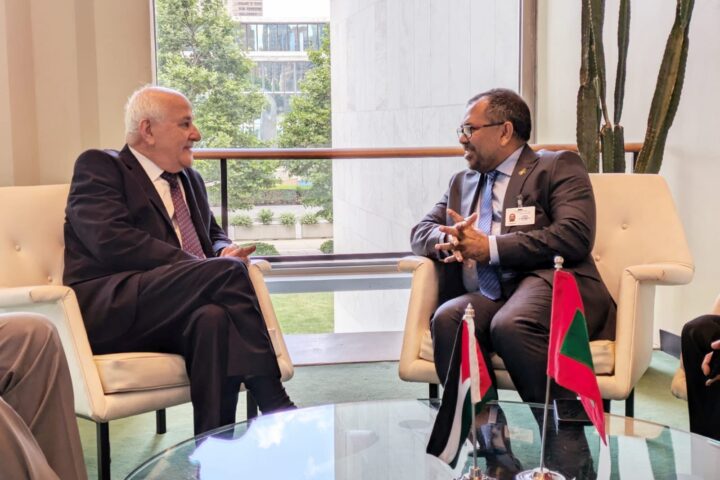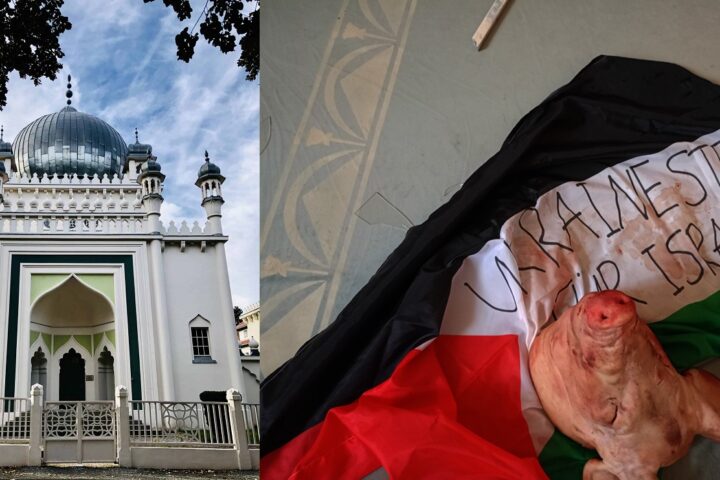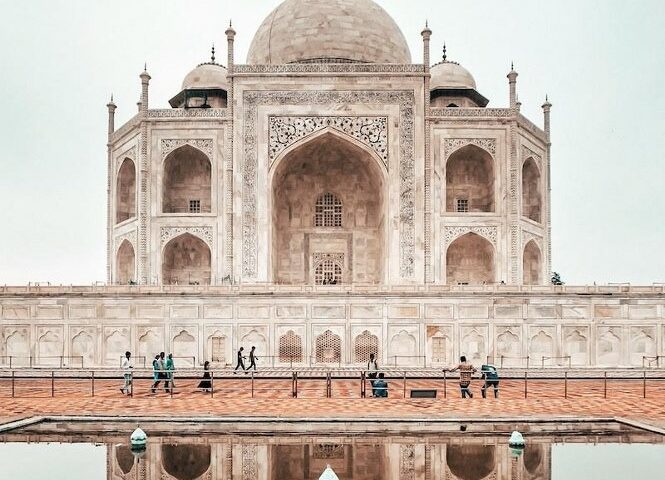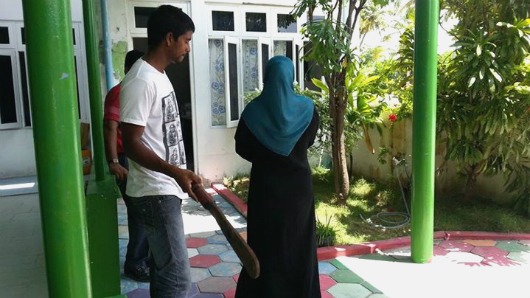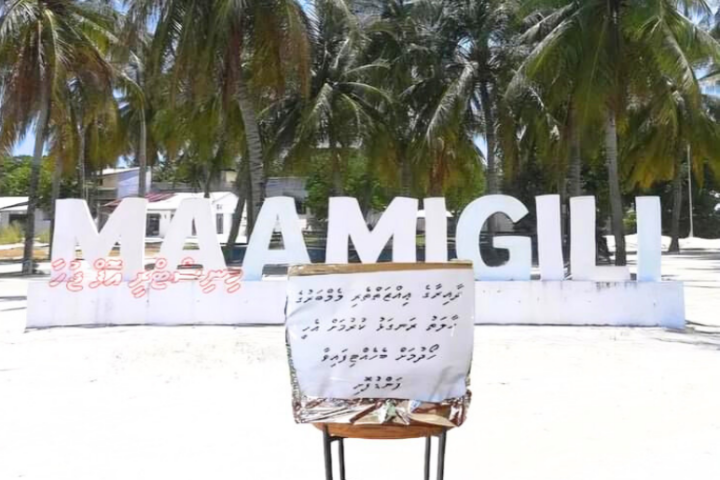MALÉ, Maldives — The Maldives, a nation of about 500,000 people, is grappling with an unexpected challenge: determining the ideal size for its parliament, known as the People’s Majlis.
With 92 current members, the Majlis has seen steady growth over recent years. This expansion has sparked a debate about balancing fair representation with fiscal responsibility in a country spread in a vast area in the Indian Ocean.
“We need to find a sustainable solution to the increasing number of MPs after each election,” said MP Ibrahim Shujau, senior deputy leader of the Progressive Party of Maldives Parliamentary Group. Mr. Shujau introduced a resolution in parliament to address this issue.
The floor passed the resolution with 78 votes, calling for a thorough debate on the matter. The financial implications are significant: each MP receives a monthly salary of MVR 85,000 (about $5,500), costing taxpayers over 93 million rufiyaa (nearly $6 million) annually.
The current system, outlined in Article 71 of the Constitution, allocates two members for the first 5,000 registered voters in each administrative constituency, with an additional member for every subsequent 5,000 voters. This formula has led to a steady increase in parliament size: from 77 members in the 17th Parliament to 93 in the current term.
MP Ahmed Nazim, the deputy speaker, proposed amending the constitution to change the ratio to one representative per 10,000 citizens. “This would cap the parliament at 71 members for the next 25 years,” Mr. Nazim explained during the debate.
Other potential solutions include the Penrose square root method, a mathematical approach suggesting the number of representatives should be proportional to the square root of the population. For the Maldives, this would result in a drastically reduced parliament of around 22 members.
However, a drastic reduction in parliament size could risk leaving some atoll communities without adequate representation, potentially compromising the country’s democratic principles.
The Maldives isn’t alone in this dilemma. Other small island nations face similar challenges. Seychelles, with a population of about 100,000, has 33 National Assembly members, while Palau, home to just under 18,000 people, has a 16-member senate.
As the parliamentary committee deliberates, the nation faces a complex decision.
The debate extends beyond mere numbers or cost-cutting measures. At its core, it’s about striking the right balance for effective governance in the Maldives’ unique geographic and demographic context. The country’s dispersed island communities present distinct challenges for representation that must be carefully considered in any potential reforms.
The debate continues with no clear resolution in sight. But as the Majlis grows with each election cycle, the pressure for change is mounting, leaving many to wonder what shape Maldivian democracy will take in the years to come.




